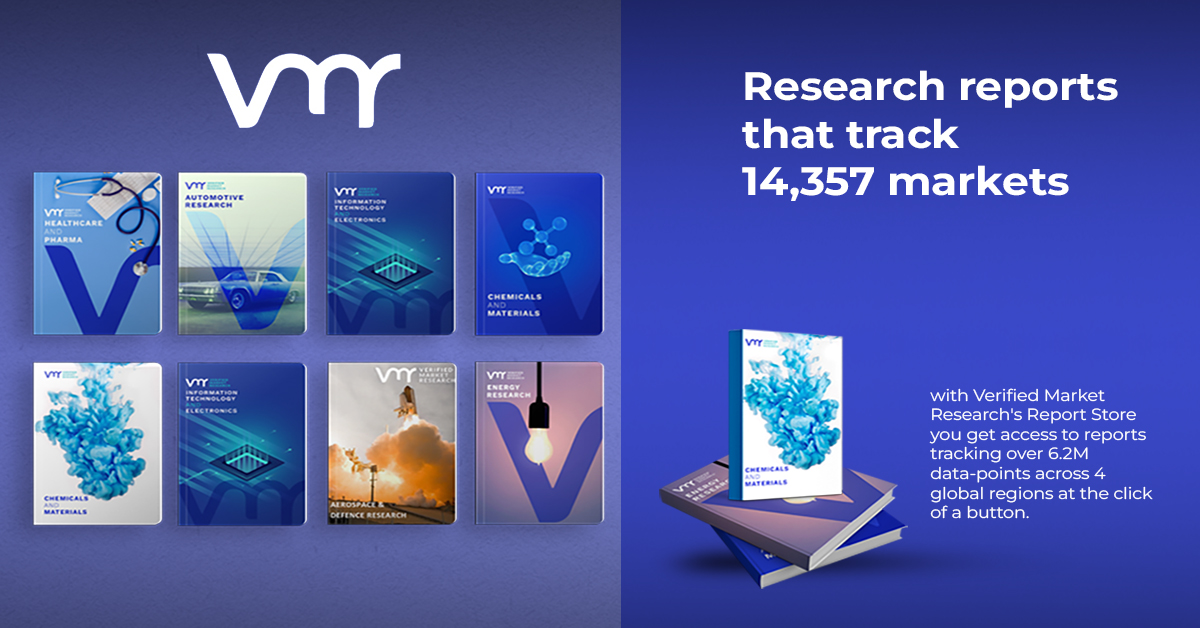The Rise of Digital Manufacturing: Key Developments Shaping the Future
Digital manufacturing, a revolutionary concept reshaping industries globally, stands at the forefront of technological advancement and industrial transformation. This article delves into the latest developments in the digital manufacturing market, offering insights gleaned from thorough research and analysis.
Introduction: Unveiling the Transformation
In recent years, digital manufacturing has evolved from a promising concept to a pivotal force driving efficiency, innovation, and competitiveness across various sectors. This article explores the pivotal trends, technological advancements, and market dynamics that are shaping this transformative journey.
Understanding Digital Manufacturing
Digital manufacturing, also known as Industry 4.0, encompasses a spectrum of technologies that integrate digital information and communication across the manufacturing lifecycle. From design and prototyping to production and logistics, these technologies optimize processes, reduce costs, and enhance product quality.
Key Developments Driving the Market Forward
1. Advancements in Additive Manufacturing
Additive manufacturing, often referred to as 3D printing, continues to expand its capabilities and applications. Innovations in materials science and printer technology are enabling complex designs, rapid prototyping, and on-demand manufacturing at scale. Industries ranging from aerospace to healthcare are leveraging these capabilities to achieve unprecedented flexibility and efficiency.
2. Integration of IoT and AI
The Internet of Things (IoT) and Artificial Intelligence (AI) are playing increasingly critical roles in digital manufacturing ecosystems. IoT sensors embedded within machinery and production lines gather real-time data, enabling predictive maintenance and proactive optimization. AI algorithms analyze vast datasets to optimize production processes, predict defects, and enhance overall operational efficiency.
3. Blockchain in Supply Chain Management
Blockchain technology is revolutionizing supply chain transparency and traceability. By creating immutable records of transactions and processes, blockchain enhances trust among stakeholders and reduces inefficiencies. Smart contracts automate agreements and payments, streamlining procurement and logistics across global manufacturing networks.
4. Augmented Reality (AR) for Enhanced Operations
AR technologies are transforming how workers interact with machines and products on the factory floor. Through AR-enabled instructions and remote assistance, operators can perform complex tasks with precision and efficiency. Maintenance procedures are streamlined, training programs are enhanced, and downtime is minimized, contributing to overall productivity gains.
5. Sustainability and Circular Economy Initiatives
Amid growing environmental concerns, digital manufacturing is fostering sustainability initiatives. By optimizing material usage, reducing waste through on-demand production, and enabling local manufacturing, digital technologies support the transition towards a circular economy. Manufacturers are increasingly adopting eco-friendly practices to meet regulatory requirements and consumer expectations.
The Future Outlook: Challenges and Opportunities
While digital manufacturing promises substantial benefits, it also presents challenges such as cybersecurity risks, workforce upskilling requirements, and integration complexities. However, these challenges are driving innovation and collaboration among industry stakeholders, paving the way for transformative growth and competitive advantage.
The digital manufacturing market is undergoing rapid evolution fueled by technological advancements, market demands, and regulatory shifts. Stakeholders across industries must embrace these changes proactively, leveraging digital tools to optimize processes, enhance sustainability, and drive business growth.









